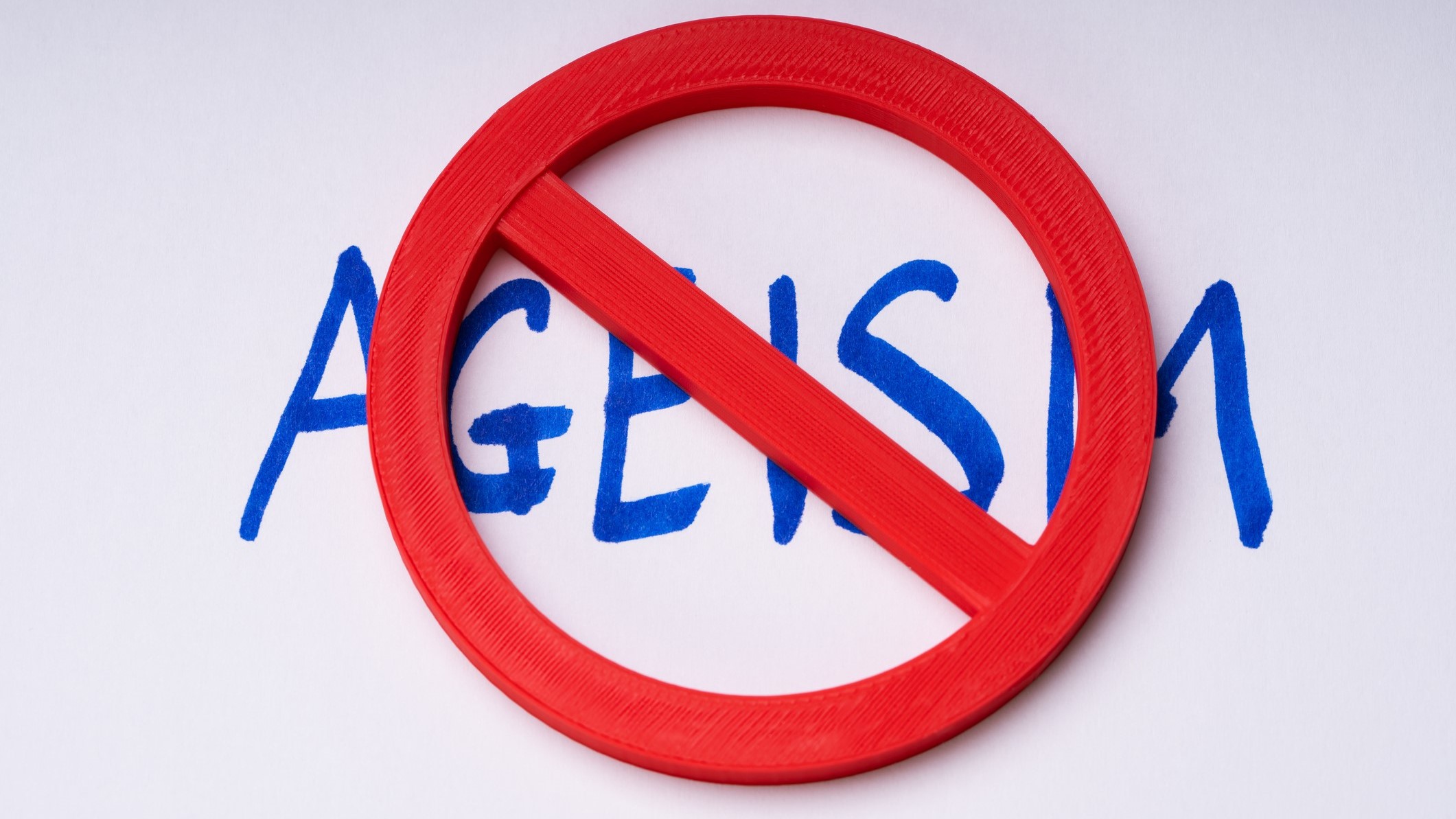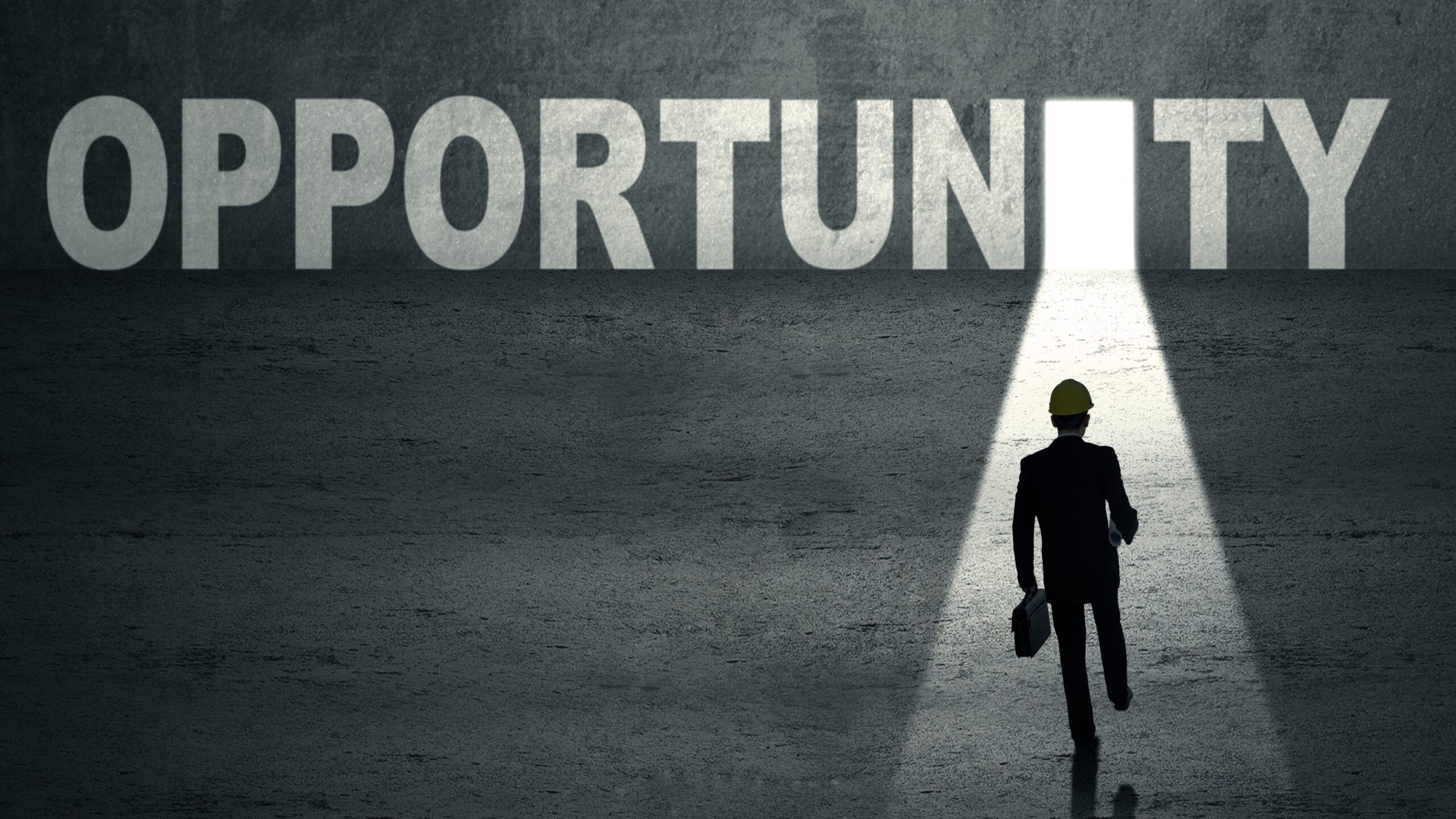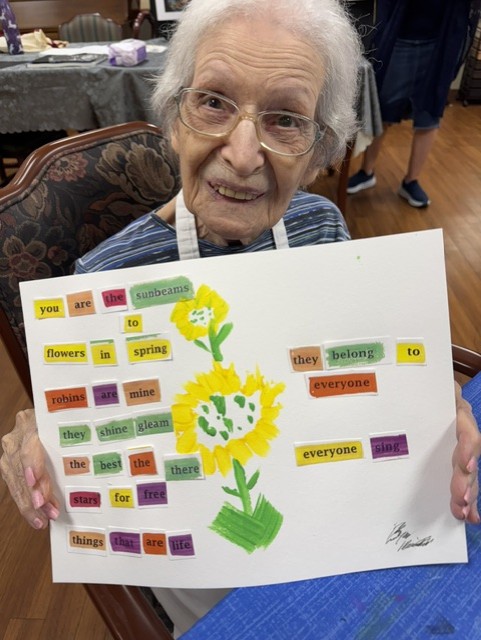There is a phrase used by leaders in the effort to overcome ageism: Aging isn’t a problem. Ageism is.
Whenever someone prejudges our abilities or holds a stereotype of who we are because of the age they think we are, that’s ageism. Ageism is a term coined by Dr. Robert Butler almost 50 years ago. He thought that if he named this discrimination that he was observing based on age it might help us overcome it. So here we are in 2023, and ageism is unfortunately alive and our society is still not embracing the opportunities that come with living longer lives.
As an exercise before a zoom meeting a few months ago, I asked everyone to share their name, where they currently were located and an experience of ageism. With no advance warning of the question, everyone was immediately able to share their own personal experience or observations of prejudice or stereotypes related to age.
Some talked about their experiences as younger professionals and not being taken seriously because people thought they were too young and therefore not capable of the job. Others had stories about a comment made by some restaurant servers that made them feel patronized. There were stories about feeling pressure because with each passing birthday over 65, everyone started hinting about when they were going to retire. There were mentions of ads for computer games to keep your mind “young”. And then there was the dilemma of what to say when their beautician suggested they start dying their hair to cover the grays.
Many of the issues were interpersonal in nature. These are challenging because we almost need to think ahead about those common situations in order to have a brilliant response to disrupt their effect. I’ve heard more than one male talk about growing a beard to transform their “baby face”. There are others who choose to wear eyeglasses instead of contacts because the frames on their younger face help them look more serious. Or for those who feel the prejudice of being too old, choosing a more “hip” style of clothing or hairstyle are used to influence first impressions to appear younger.
Once you become aware of ageism it becomes more difficult to ignore. Earlier this past summer my spouse and I were on the college campus where we met 43 years ago. It was an alumni event where there were comments flying around everywhere: “You haven’t changed a bit!” (Yes, I have.) “It doesn’t feel like X number of years since we were students here because I still feel like I’m 18.” (Sorry, but your grandson is now 16 which means you cannot be the same age.) We weren’t more than a couple of blocks away as we headed home and Dave turned to me and said, “Wow! There was ageism all over the place!” Once you begin to gain awareness, you notice it everywhere and Dave has heard me “preach” about ageism a few hundred times already!
So, what can we do about it? Becca Levy in a recent interview with Michael Clinton (“Why are Americans So Bad at Getting Old?”, June 21, 2023) has some great suggestions. The first step is to be aware. In fact, go ahead and take a week and write down every comment or situation where you see ageism rearing its ugly head. That includes commercials, birthday cards, movies, TV shows, conversations, computer games, casual conversations, things at work or church or….. you get the picture. Also include those times when you notice there are no older persons included at all—like in movies or commercials. This exercise will help you understand how many ageist messages you absorb on a daily basis. Change in attitude begins with awareness. And once our attitude changes, we can change the environment around us.
Identify your role models of individuals who are aging ahead of you. I have been encouraging people to do this for years. We call them our “Abundant Aging Influencers”. Who are those people you look at and think “I want to be like them when I am their age”? Identify what it is about that person that you admire. I have many Abundant Aging Influencers and some of their common traits include curiosity in learning new things, the ability to be creative and see new perspectives and humility as they reflect on their own life and their journey toward being wise. Levy suggests that keeping a portfolio of these individuals can be helpful.
There is still time to register whether on-line or in-person for The Parker Center’s Symposium, Dismantling Ageism: How Stereotypes, Prejudice and Discrimination Based on Age Affect Us All. We would love to have you join the conversations! Because dismantling the patterns and systems in our culture that perpetuate ageism is going to take all of us working together. We can do this!
To learn more about ageism and what you can do to end it, join us either In Person or Online at the 2023 Abundant Aging Symposium with keynote speaker Dr. Tracey Gendron, author of Aging UnMasked: Exploring Age Bias and How to End It. Click here for full details and to register.
www.UnitedChurchHomes.org/2023-annual-symposium/
For Reflection (either individually or with a group)
Read the blog. Read it a second time, maybe reading it aloud or asking someone else to read it aloud so you can hear it with different intonation and emphases. Take these questions for a walk in the woods or in your neighborhood, for a swim or a run or for a hot soak in the tub. Invite the questions to join you for tea or coffee.
- What is your immediate reaction when you see someone in a position of authority where you think—based on how young you think they look–they can’t possibly be experienced enough to be in that position?
- What is your immediate reaction when you see someone in a position of authority where you think–based on how old you think they look—they are too old to get the job done?
- When thoughts like that come to mind, what non-ageist thought might you have to be more open to treating people of all ages equally?
Download a pdf including the Reflection Questions to share and discuss with friends, family, or members of your faith community small group.
9/28/23 14:00
View all articles by:






















